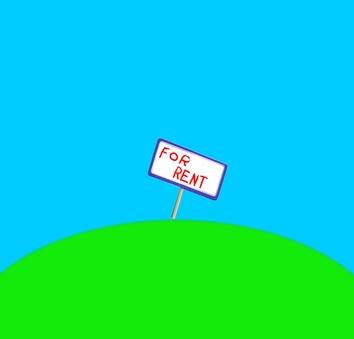How to Complain Against Landlord
Instructions
-
1
Your first step should be contacting the landlord. Explain your situation in person and make your points. Writing a letter of complaint may the best alternative, where you put down the nature of your grievance.
Start with a positive and formal tone before moving on to the damages and the changes you require. It is important that you provide your landlord with adequate time for repairs. If you have carried the repairs on your own, then ask for compensation or for the balance to be adjusted in your monthly bill. Make sure you have read all the clauses in your lease agreement in order to protect yourself from violating any terms. -
2
If the landlord has still not contacted your or decides against making repairs, take legal help. Contact the Housing and Urban Development for assistance. At this moment, you should be aware of all the local, state or federal laws applicable in your case. The HUD will back you up by providing you a counsellor who will then work as a mediator. If the counsellor finds your claims justifiable, then he or she will take measures to ensure that your plea is heard.
-
3
The HUD will then ask you to sign a formal complaint document, which will serve as a notice to your landlord. Keep a copy of that document and assist the HUD with the investigation. You may need to provide proof that the damages were not a result of your own negligence. You may have taken pictures of the home when you rented it. Hand them to the HUD counsellor in order to speed up the whole process.
-
4
You will have two choices at your disposal. The first one will be a settlement where the HUD counsellor will prepare a conciliation agreement, subject to the approval of both parties. Make sure that you go through all the fine prints before signing it. However, if a settlement cannot be agreed upon, you may need to prepare for a hearing. In this case, a ‘determination of reasonable cause’ will be issued against your landlord where you will need to appear in court.








